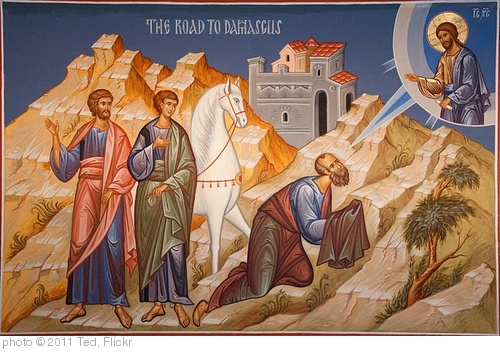| I have always labored out of love |
|---|
| Saint John Bosco |
First
of all, if we wish to appear concerned about the true happiness of our
foster children and if we would move them to fulfill their duties, you
must never forget that you are taking the place of the parents of these
beloved young people. I have always labored lovingly for them, and
carried out my priestly duties with zeal. And the whole Salesian society
has done this with me.
My sons, in my long experience very often I had to be
convinced of this great truth. It is easier to become angry than to
restrain oneself, and to threaten a boy than to persuade him. Yes,
indeed, it is more fitting to be persistent in punishing our own
impatience and pride than to correct the boys. We must be firm but kind,
and be patient with them.
I give you as a model the charity of Paul which he
showed to his new converts. They often reduced him to tears and
entreaties when he found them lacking docility and even opposing his
loving efforts.
See that no one finds you motivated by impetuosity or
wilfulness. It is difficult to keep calm when administering punishment,
but this must be done if we are to keep ourselves from showing off our
authority or spilling out our anger.
Let us regard those boys over whom we have some
authority as our own sons. Let us place ourselves in their service. Let
us be ashamed to assume an attitude of superiority. Let us not rule over
them except for the purpose of serving them better.
This was the method that Jesus used with the apostles.
He put up with their ignorance and roughness and even their infidelity.
He treated sinners with a kindness and affection that caused some to be
shocked, others to be scandalised, and still others to hope for God’s
mercy. And so he bade us to be gentle and humble of heart.
They are our sons, and so in correcting their mistakes
we must lay aside all anger and restrain it so firmly that it is
extinguished entirely.
There must be no hostility in our minds, no contempt
in our eyes, no insult on our lips. We must use mercy for the present
and have hope for the future, as is fitting for true fathers who are
eager for real correction and improvement.
In serious matters it is better to beg God humbly than
to send forth a flood of words that will only offend the listeners and
have no effect on those who are guilty.
